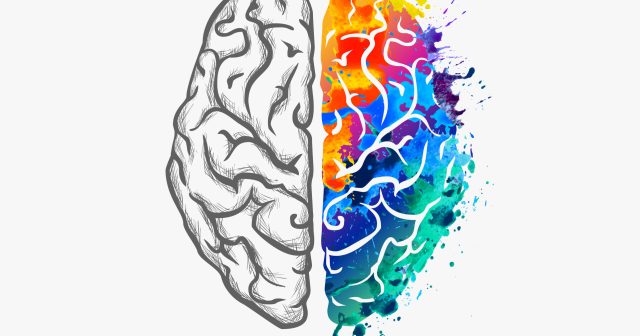In most of our daily sayings, we speak in very uncertain and abstract manners. For example, I have a lot of houses, cars etc. Meanwhile, these very items can be quantified or measured.
Opinions are like noses, and everyone has got their own.
And this is the usual mantra that seems to govern our airwaves, especially on radio discussions. The louder the voice, the thought of thinking one is making good meaning; but this so-called good meaning is from one’s own beliefs and biases.
This is very true to a great extent, but it makes the discussions unnecessarily long, with no end in sight. Due to this, axiom of opinions are like noses and every one has their own.
In the short-medium haul, this is a very healthy atmosphere to uphold, but it leaves the general discourse in disarray, with no substantial grip on the subject matter under review or discussion.
This is very understandable because from the anthropological extrapolations of how Ghanaians – or Africans to a large extent – have evolved. It has been as a result of qualitatively delivering a message or handing over very sacred succession procedures like choosing a king or a queen.
The very essence of every major undertaking was shrouded in an oath of secrecy based on telling of something in a very qualitative manner, with a lot of proverbial gustoes and innuendos, which sort of coerced others to accept due to the gravitas of the sternness and steeliness of the voice in issuing that message. The ability to bark and beckon with a loud voice was taken to be wisdom.
Yet, in doing this, they managed to use the drums to code our messages, so that as soon as one heard a drum being beaten almost all and sundry could make meaning of its message – with no ambiguity.
Even though the art of beating a drum is abstract, they managed to organise them into tuning signatures which could be factually related to and interpreted with quantitative responses to them. For instance, a beat of a drum message could be quantitatively measured to mean, ‘gather at the centre of the town’, or ‘prepare for war’, or ‘a new king has been chosen’.
If our ancestors could give factual meaning and interpretations to abstract rhythmic beating of drums by quantitatively segmenting them into groupings of data in the form of codes of messages that could be understood with no ambiguity as to the finality of what it intended to communicate, with no tantrums of what that is and this means, we have the inherent and coherent ability to make discourse based on gathered data and interpretations of numbers to make meaning of a subject matter in certainty.
Yes, data may be subjective and skewed; nonetheless, the ability to understand and make meaning of the aggregate numbers attached can help in decoding its real value with little room for error.
For example, financial statements or data can be decoded even if some of the numbers are being skewed or padded due to the interpretation of numbers. No matter how long it takes to spin the narration of such financial data, numbers are numbers; and they can be traced factually and accurately in an aggregate manner.
The ‘Ai’s’ and ‘Bi’s’ emerging in our world today assist in calibrating aspects of our lives that we previously thought were abstract and uncountable.
In this same vein, we need to start measuring our conversations with facts based on data.
Think about it.
















